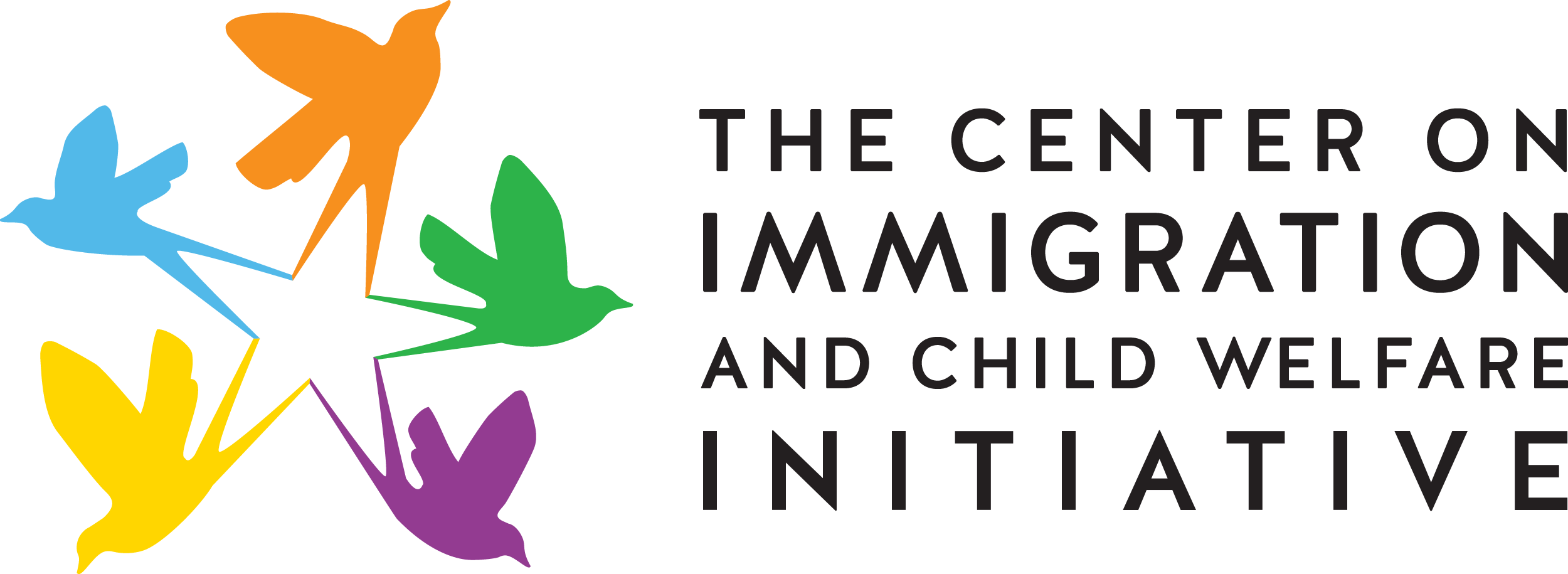What Parents Talk About When They Talk About Learning: A National Survey About Young Children and Science
Megan Silander, Todd Grindal, Naomi Hupert, Elisa Garcia, Kea Anderson, Philip Vahey, Shelley Pasnik, Education Development Center, Inc. & SRI International (May 2018)
This study used a nationally representative parent survey, combined with in-depth interviews and home visits with a smaller sample of families, to learn how parents of young children, particularly low-income parents, encourage and take part in their children’s learning, especially their science learning.
Read MorePotential Effects of Public Charge Changes on Health Coverage for Citizen Children
Samantha Artiga, Anthony Damico, and Rachel Garfield, Kaiser Family Foundation (May 18,2018)
This brief provides an overview of citizen children with a noncitizen parent potentially affected by public charge changes and analyzes three Medicaid/CHIP disenrollment scenarios to illustrate how the changes could potentially affect their health coverage and uninsured rate.
Read MoreWhy and How Do Low-income Hispanic Families Search for Early Care and Education (ECE)?
Julia L. Mendez; Danielle A. Crosby, National Research Center on Hispanic Children & Families (May 2018)
This brief uses data from the 2012 National Survey of Early Care and Education (NSECE) to describe why low-income Hispanic parents with young children (birth to age 5) report searching for child care; comparison data for low-income non-Hispanic black and white parents are also reported.
Read MoreA Resilience Perspective on Immigrant Youth Adaptation and Development
Frosso Motti-Stefanid and Ann S. Masten, Handbook on Positive Development of Minority Children and Youth (February 8, 2017)
Immigrant youth make up a large and important part of society, making their successful adaptation an important issue. In spite of the challenges they face, most of them adapt well in their new countries. However, considerable diversity in their adaptation has been found, prompting the central question of this piece: “Who among immigrant youth adapt well and why?”
Read ArticleImmigration, Acculturation and Parenting
Marc H. Bornstein, PhD and Yvonne Bohr, PhD, Encyclopedia on Early Childhood Development (April 2011)
Parenting occupies a central node in the nexus between culture and adaptive human development. While parents in all societies are expected to nurture and protect young children, culture influences a wide array of family functions including roles, decision-making patterns, and cognitions and practices related to childrearing and child development. Parenting may be subjected to complex transformations when families emigrate from one society to settle in another.
Read ArticleIdentity and the Second Generation: How Children of Immigrants Find Their Space
Faith G. Nibbs & Caroline Brettell, Vanderbilt University Press (April 4, 2016)
Using ethnographic research, the contributors of this text explore and present how children of immigrants build a sense of identity and community in the age of the digital world.
See More
Parental Perspectives on Parent–Child Conflict and Acculturation in Iranian Immigrants in California
Parental Perspectives on Parent–Child Conflict and Acculturation in Iranian Immigrants in California
Elmira Jannati and Stuart Allen, The Family Journal (February 1, 2018)
Iranians have settled in a number of areas in the United States, especially Southern California and Texas, and experience substantial prejudice as a result of perceptions of their religion and national origin. This study explored the relationship between Iranian immigrant parents’ acculturation and the level of conflict they experience with their U.S.-born children.
Read moreNearly 20 Million Children Live in Immigrant Families that Could Be Affected by Evolving Immigration Policies
Samantha Artiga and Anthony Damico, Kaiser Family Foundation (April 18, 2018)
This data note discusses recent findings about how current immigration policies have significantly increased fear and uncertainty among immigrant families, broadly affecting families across different immigration statuses and locations. The effects extend to lawfully present immigrants, including lawful permanent residents or “green card” holders, and children in immigrant families, who are predominantly U.S.-born citizens. In particular, findings point to both short- and long-term negative consequences on the health and well-being of children in immigrant families.
read morePreventive mental health interventions for refugee children and adolescents in high-income settings
Mina Fazel and Theresa S. Betancourt, The Lancet Child and Adolescent Health (November 19, 2017)
This Review describes interventions of note that are delivered to refugee children and adolescents as well as parenting and school interventions, and broader socioeconomic and cultural interventions. Preview Only: Purchase required to view full article.
Read Review
